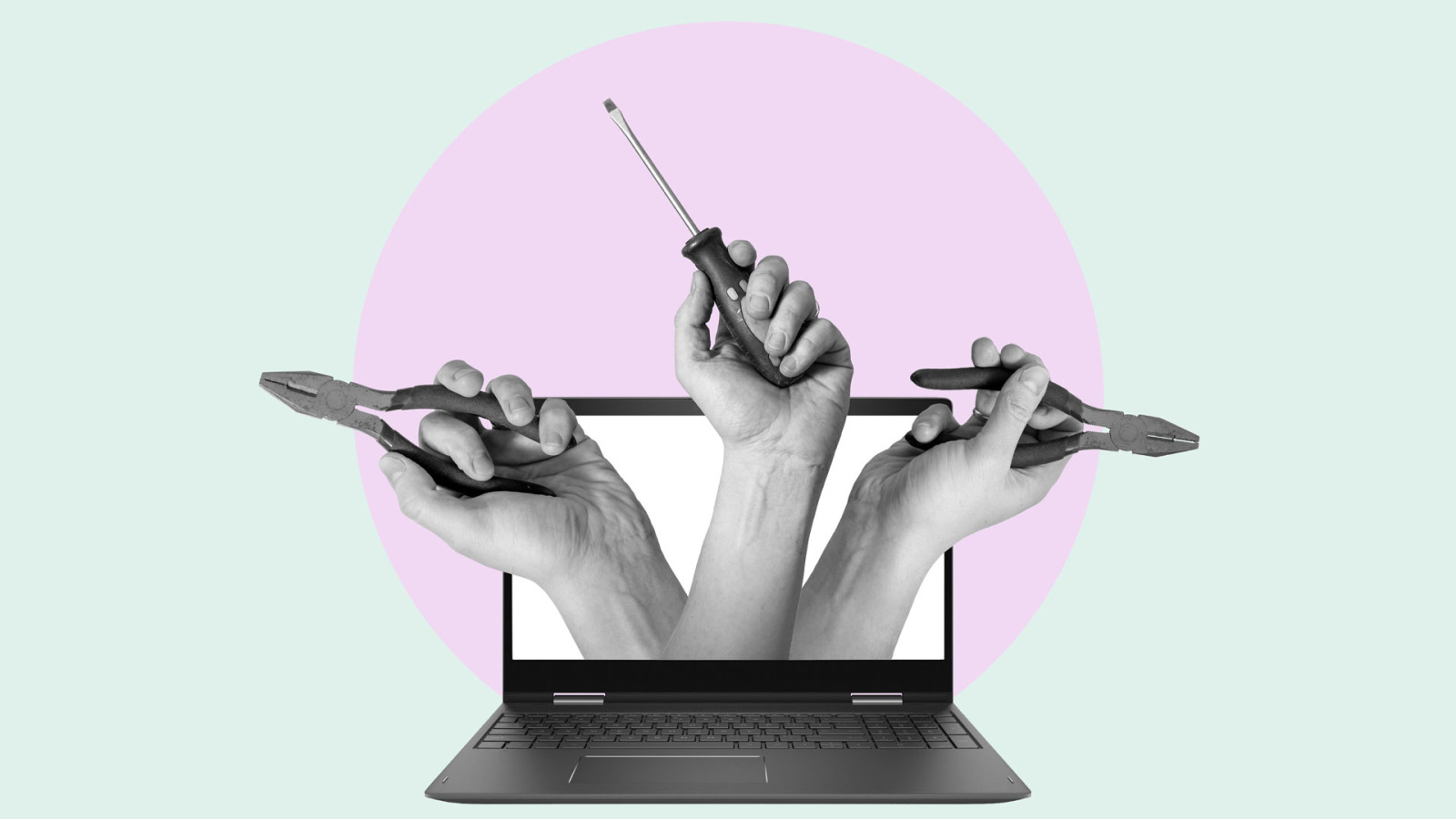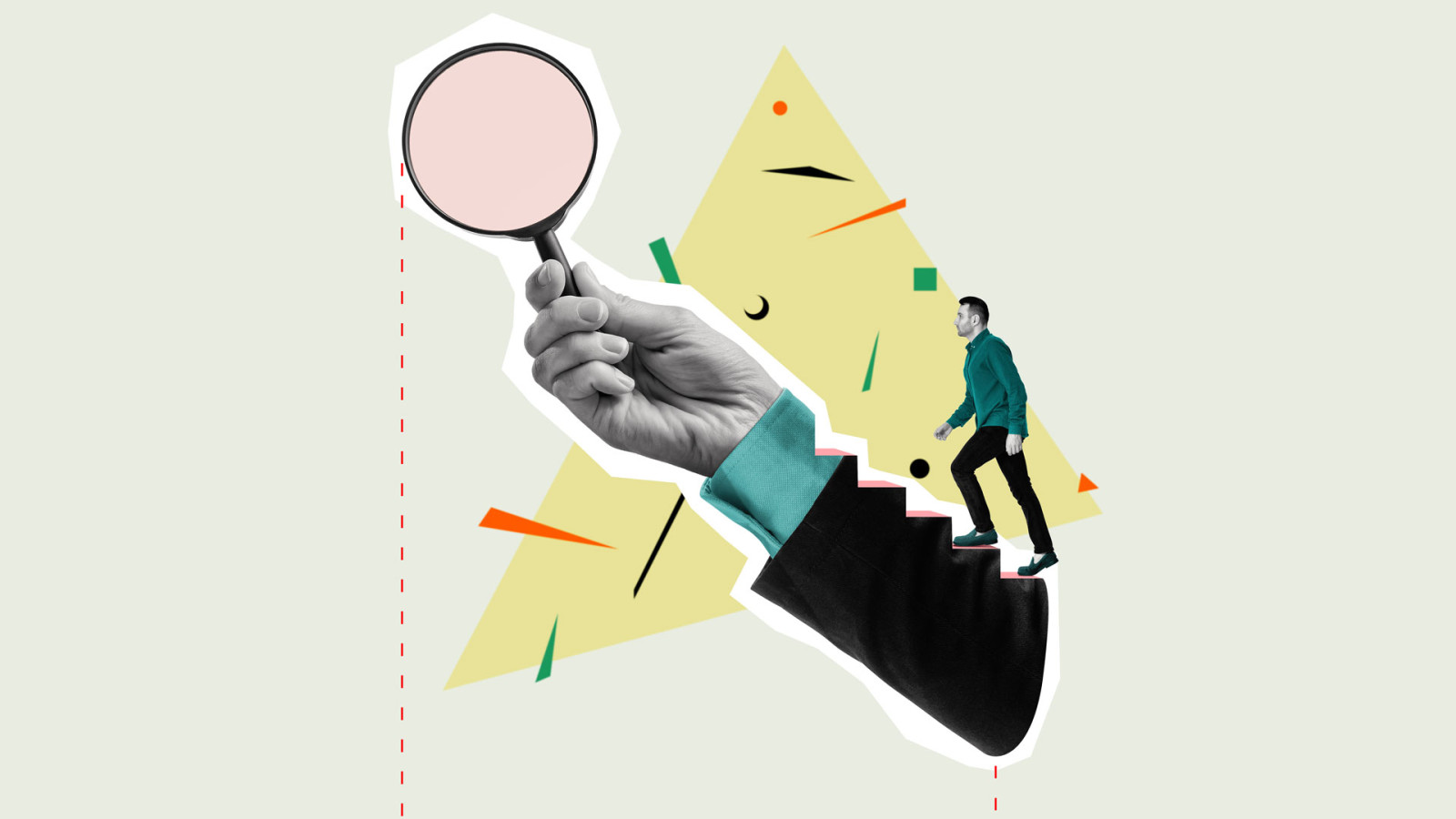
Before I got into the world of communications and marketing, before I was even a fresh-faced and callow journalist on the Bath Evening Chronicle, I studied history at Cambridge.
People often say what is the point of a history degree. Well there are many answers to that, but a key one is that it teaches you to look at any subject with a long lens and not to rush to judgment.
That’s relevant right now. For instance, time and again, politicians refer to the campaign to beat coronavirus as being a ‘war’. Now, everyone knows a bit about war. Wars are bad. People lose their lives and livelihoods are destroyed. That is exactly what is happening now.
But history teaches us that there is always another viewpoint. And while wars are bad, they can also deliver benefits for the long-term. Nowhere is that truer than in the sphere of technological development: necessity being the mother of invention.
Examples of this being true are almost too many to list. Some of my favourites include:
1)
Canned food
. If you’ve been hoarding tins of beans you have Napoleon to thank. The French army, in true gourmand style, wanted better rations to help them romp around Europe. A 12,000-franc reward was offered to the inventor who cracked the problem: that man was Nicolas Appert for his sealed jars. He collected his prize money in 1810, five years before Napoleon lost his appetite at Waterloo.2)
The microwave oven
. If you are settling down to an evening of Netflix with popcorn ‘fresh’ from the microwave you are riding the coat-tails of conflict. Percy Spencer realised in 1946 that radar technology created in World War Two actually heated things up and that could lead to more than just a sticky mess. He’s widely credited as being the father of the microwave oven although it took until 1967 for them to be shrunk to a practical size for home use.3)
Plastic surgery
. The ability to perfect the faces that God gave us came thanks to Harold Gillies, a Kiwi-born medical man who pioneered the skin graft to save the face of one Walter Yeo, a sailor who was badly burned at the Battle of Jutland in 1916. The technology was further refined in World War Two, not least on fighter pilots injured in the Battle of Britain.4)
Space flight
. While I hope Virgin Atlantic doesn’t go bust, Sir Richard will still have his baby Virgin Galactic to occupy his talents. And for that he will have a certain Wernher von Braun to thank. Von Braun was one of NASA’s pioneers who helped Neil Armstrong land on the moon in 1969. The Americans scooped him up at the end of the Second World War in Peenemunde, where he had been developing his skills as an aerospace engineer working on the V2 rocket programme for Hitler.5)
The internet
. Finally, just think about your ability to put up with the pandemic at all. If you are anything like me then you are only able to tolerate the lockdown because of the virtual life you can live online through the internet. And of course, Tim Berners-Lee’s invention in the 1980s had its origins in the Cold War and the US ARPAnet programme.I have no idea what changes to society this ‘war’ will bring: I’m a marketer, not a futurologist. But what I am certain of, based on history, is that some of them will actually be good. So, as far as we can, despite the death and uncertainty, it’s a time to stay positive and just keep buggering on (as Churchill so eloquently put it).
Stay ahead of the curve
Sign up to our emails

